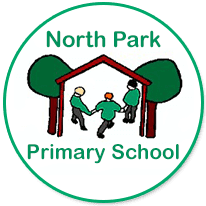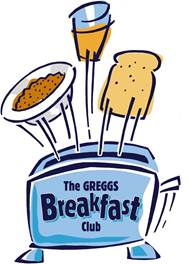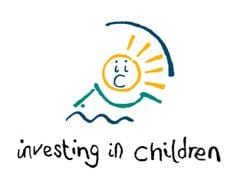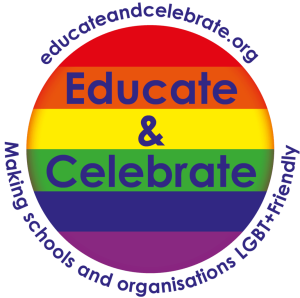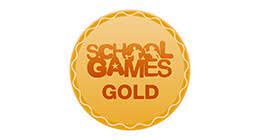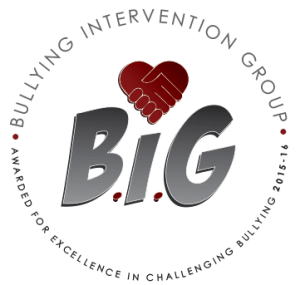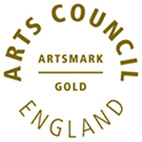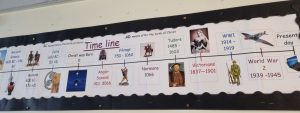
The national curriculum for history aims to ensure that all pupils:
- know and understand the history of these islands as a coherent, chronological narrative, from the earliest times to the present day: how people’s lives have shaped this nation and how Britain has influenced and been influenced by the wider world
- know and understand significant aspects of the history of the wider world: the nature of ancient civilisations; the expansion and dissolution of empires; characteristic features of past non-European societies; achievements and follies of mankind
- gain and deploy a historically grounded understanding of abstract terms such as ‘empire’, ‘civilisation’, ‘parliament’ and ‘peasantry’
- understand historical concepts such as continuity and change, cause and consequence, similarity, difference and significance, and use them to make connections, draw contrasts, analyse trends, frame historically-valid questions and create their own structured accounts, including written narratives and analyses
- understand the methods of historical enquiry, including how evidence is used rigorously to make historical claims, and discern how and why contrasting arguments and interpretations of the past have been constructed.
History – curriculum intent
At North Park Primary School, it is our intention that History should provide children with a knowledge and understanding of the history of the local area, Britain’s past and that of the wider world.
We believe History should encourage and develop children’s chronological awareness and knowledge and understanding of key people and events. We have adopted and adapted Durham County Council History Planning to ensure children’s knowledge and understanding is taught progressively through school. The planning has excellent links to significant people and events in the local area; this allows children to make deeper connections about the world around them in a meaningful way.
The curriculum plans build upon the foundations laid down in the EYFS; in Reception the curriculum focuses on change over time linked to seasons, the history of celebrations and pupils’ own history, linking to Understanding the World. In Key Stage 1, the curriculum progresses to a focus on history that is within their memory and the local area. In Key Stage 2, the curriculum studies expand to cover key periods of history, delivered in a more chronological order to support understanding of this key concept.
Through our History curriculum, we strive to inspire pupils’ curiosity and a sense of wonder about the past. Our curriculum provides children with opportunities to ask questions, think critically, weigh evidence, sift arguments, and develop perspective and judgement. Through the teaching of History, we endeavour to teach children to understand the complexity of people’s lives, the process of change over time, the diversity of societies and relationships between different groups. We believe that teaching History in this way is important in broadening children’s horizons, challenging preconceived ideas and developing life skills.
We ensure we provide a rich range of resources and artefacts to support learning and to develop historical enquiry skills; there are a wide range of opportunities for enhancement and enrichments within the curriculum and links are also made to wider study, including through a rich variety of texts.
Long term plan
Our medium term plans detail the content taught in each year group, and in each term.
Adobe Reader
You may need a product like Adobe Reader (free download) to view our PDF documents on our website.
